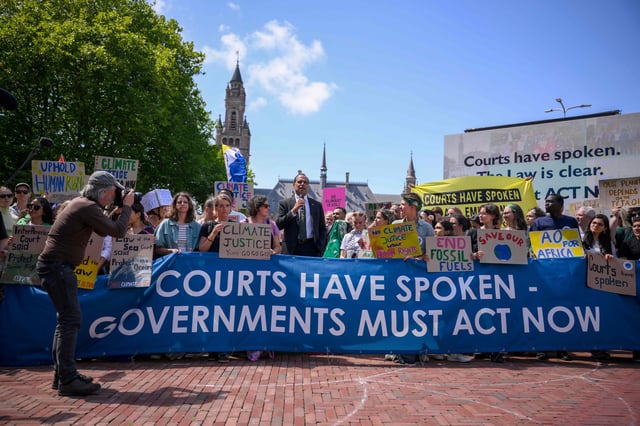Overview
- The International Court of Justice unanimously ruled that states must cooperate to reduce greenhouse gas emissions based on the best available science and to curb global temperature rise.
- The opinion bases state obligations on key instruments such as the UN Charter, the ICCPR, the Paris Agreement and the Universal Declaration of Human Rights.
- It holds that states must regulate private emitters and safeguard citizens from climate-related disasters as part of their human rights responsibilities.
- Although non-binding, the advisory opinion carries significant political and jurisprudential weight and is expected to guide future climate litigation, policymaking and international negotiations.
- The ruling follows a 2023 UN General Assembly request initiated by Vanuatu and backed by over 130 nations after years of pressure from small island states and the Global South for stronger climate accountability.



